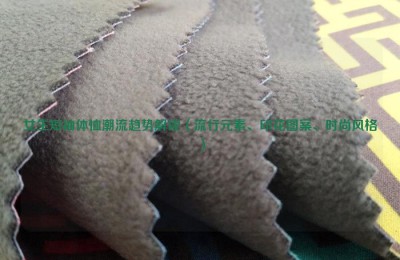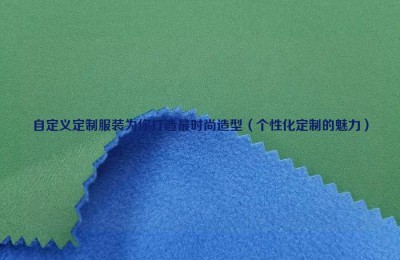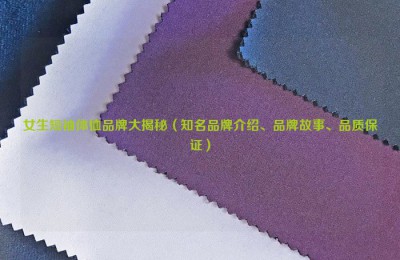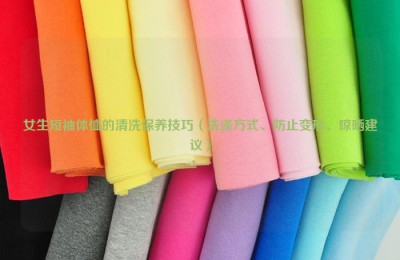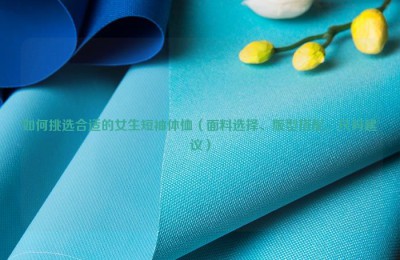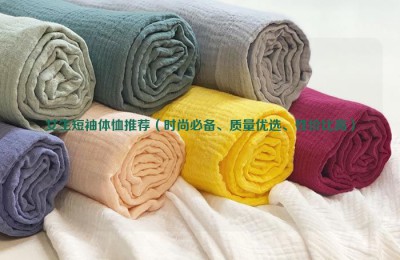Austrian cellulose fiber manufacturer Lenzing has completed its Lyocell expansion plan in Thailand and noted that the plant will be produced as scheduled.
The new factory will have a capacity of 100,000 tonnes to help meet growing demand for sustainably produced fibers and is the largest of its kind in the world, according to the company .
The company added that the plant will meet growing customer demand for Tencel-branded lyocell fibers and is also a step towards strengthening its leadership in the specialty fiber market. status, and an important step towards a carbon-free future.
The group said that despite the challenges posed by the new crown epidemic pandemic, construction of the Prachinburi factory, about 150 kilometers northeast of Bangkok, began in the second half of 2019 and has do it according to plan.
Cord Prinzhorn, CEO of Lenzing Group, mentioned: “We are proud of this achievement and sincerely thank the entire Lenzing team, especially our colleagues in Thailand, and Thank you to the many external stakeholders who have joined forces during the pandemic to make this critical program happen. Delivering such a large program on time and within budget in the face of the challenges of a global pandemic is a fantastic achievement.”
Robert van de Kerkhof, member of the Lenzing Group’s Board of Directors, added: “Demand for our wood-based, biodegradable specialty fibers under the brands Tencel, Lenzing Ecovero and Veocel is growing very high. Especially in Asia, we see huge growth potential for brands with a focus on sustainable innovation. With the start-up of the Lyocell plant in Thailand, Lenzing has reached an important milestone in its development history, supporting our efforts in textiles and nonwovens. The industry is moving towards the ambitious goal of more sustainability.”
Lensing will continue to expand its production capacity of lyocell fiber in line with its ten major strategies. The strategy aims to generate 75% of its fiber revenue from ecologically responsible specialty fibers by 2024. The Thai factory provides space for multiple production lines, and the first phase of investment already includes general infrastructure to facilitate future expansion.
However, the company said it will also continue to look for opportunities to expand Lyocell production in other parts of the world.
Prinzhorn added: “Investments in Thailand and other Lenzing plants around the world not only support our transformation into an environmentally friendly specialty fiber supplier, but also support our implementation of ambitious goals. Climate goals, thereby further increasing our company value.”
In 2019, Lenzing made a strategic commitment to reduce greenhouse gas emissions per ton of products by 2030. 50% reduction. The vision is to become climate neutral by 2050. Thanks to established infrastructure, sites in Thailand can provide sustainable bioenergy and make a significant contribution to climate protection.
Together with its plans in Brazil and investments in existing plants in Asia, Lenzing said it is currently implementing the largest investment program in its company history, with investments More than 1.5 billion euros ($1.13 billion). Lenzing will continue to drive the execution of its strategic plans that will make a significant contribution to earnings starting in 2022, the company said.
AAAFGNHIYO

